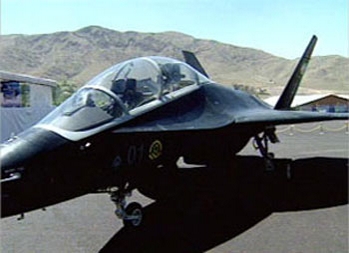On March 14, the five permanent members of the U.N. Security Council together with Germany submitted a draft resolution that would broaden the embargo against Iran. As part of the international effort to derail Tehran's nuclear program, the proposed resolution seeks, amongst other things, to ban procurement of Iranian "arms or related material." Though harsher sanctions will be required before Iran thinks again about suspending its nuclear program, a global embargo on its defense exports could nevertheless be a painful blow. In recent years, some 40 countries across the globe have imported Iranian military goods and services. As acknowledged by former Defense Minister Ali Shamkhani, defense exports have ranged "from technical know-how and the construction of factories to raw material and different heavy weaponry." In the past two years alone, several major arms export efforts have borne fruit. Sri Lanka signed an order to procure $150 million worth of military equipment. Senegal expressed an interest in acquiring armored vehicles, munitions and air defense systems and signed a memorandum of understanding to increase cooperation in technical and military areas; Iran hopes that this contract will set the stage for cooperation with other African countries. Also, in 2005, defense cooperation agreements that include sales of defense equipment, the constructing of manufacturing or repair facilities, and the training of military units were signed with Tajikistan, Azerbaijan and Algeria.
<<ad>>
In 2005, Iran exported around $100 million worth of military hardware. Its defense industrial base has grown significantly and today manufactures a range of systems and platforms, from small arms through shaped explosive charges and rockets to helicopters and aircraft. However, it is not the loss of this rather insignificant source of foreign currency -- Iran exported an estimated $63 billion worth of commodities in 2006 -- that will cause Tehran to wince if the sanctions are approved by the U.N. Security Council this week. Rather, it is the loss of a key foreign and national security policy tool.
Iran Sanctions: Ban on Defense Exports Could Hurt

